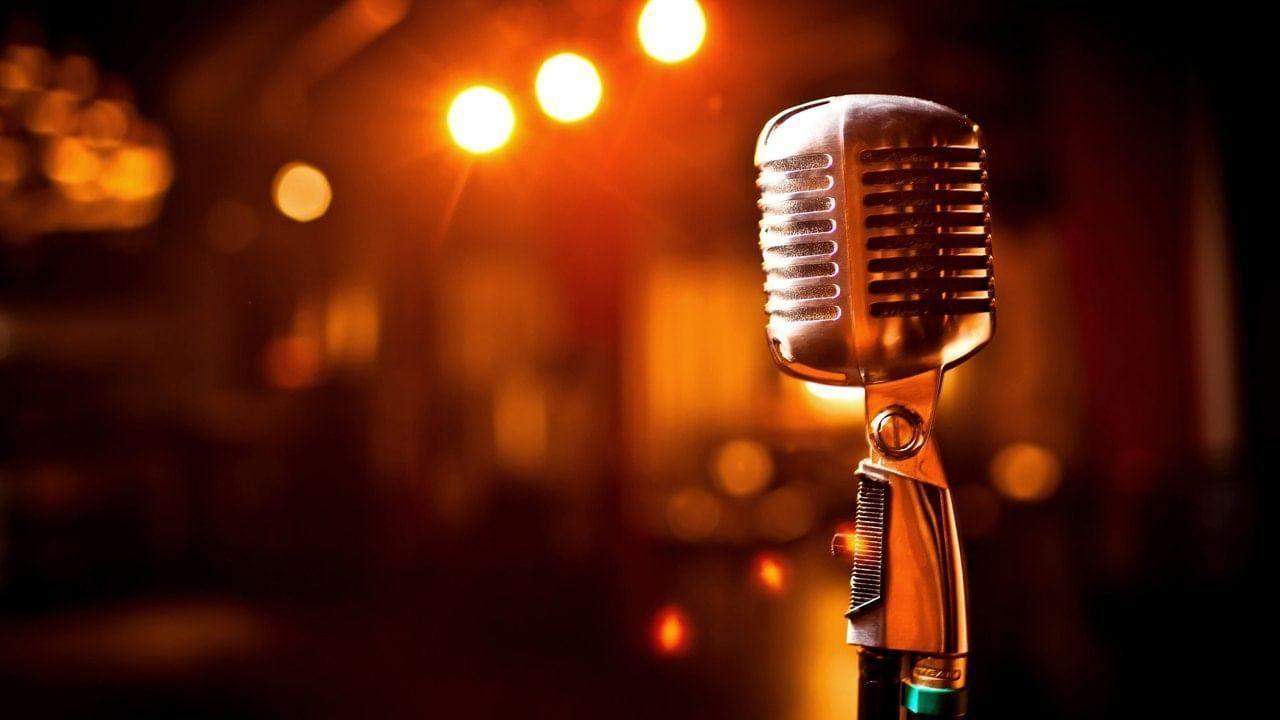There is something almost mystical about the moment you walk into a venue before a concert begins. The air is thick with expectation, conversations ripple through the crowd, and every heartbeat seems to synchronize with the anticipation of music about to unfold. Then, as the lights dim and the first note cuts through the silence, the world outside ceases to exist. You are no longer just yourself—you are part of something larger, a living, breathing experience shared with countless others who came for the same reason: to feel the power of live music.
The Pulse of the Crowd
A concert is not simply about hearing music—it is about feeling it. The bass thunders through your chest, the melodies sweep you away, and the voices of thousands of strangers rise as one. In that instant, every difference—age, culture, language, background—dissolves. The audience becomes a single entity, united by rhythm and sound. This collective energy cannot be replicated by headphones or speakers at home; it exists only in the raw electricity of the live moment.
The Artist and the Audience: A Silent Dialogue
Every live performance is a conversation. The artist plays, sings, and pours pieces of themselves into the crowd, and the audience responds—through cheers, applause, or simply attentive silence. This exchange is intimate, even sacred, because it is fleeting and unrepeatable. A recording may capture perfection, but live music captures truth: the crack in a singer’s voice, the playful improvisation, the smile exchanged between bandmates. These small imperfections are what make the night unforgettable—they are proof that music is alive.
Shared Emotion That Transcends Words
Music has always had the power to speak where language fails. In concerts, that power multiplies. People laugh, cry, and shout together, each person finding personal meaning in the same song. A lyric may remind someone of first love, while another person feels the pain of loss in the very same line. Yet these individual emotions converge into a collective wave of feeling that sweeps across the audience. It is in these moments—when thousands sing in unison—that we realize how deeply connected we truly are.
The Magic of Unrepeatable Moments
No two concerts are ever identical. The way the lights dance across the stage, the unexpected song on the setlist, the thunder of the encore that refuses to end—each performance becomes a one-of-a-kind memory. Maybe it’s the surprise guest appearance, or the acoustic rendition of a song that suddenly feels more personal than ever before. These fragments of time carve themselves into the soul, and years later, one can still close their eyes and feel that night all over again.
Why We Return, Again and Again
In an era where technology allows us to access any song instantly, why do people still fill arenas, theaters, and open fields for concerts? The answer is simple: because no device can replicate the magic of presence. A live performance is about being fully alive, immersed in sound, light, and emotion, surrounded by others who share your passion. It is about stepping into a space where joy, freedom, and connection reign supreme. Long after the final chord fades, something remains—a spark, a memory, a reminder that we were part of something extraordinary.
A Celebration of Being Human
Concerts are more than entertainment—they are rituals of unity. They remind us that music is not only heard but felt, not only performed but shared. In those hours, we are not divided by who we are or where we come from; we are united by the universal language of melody. That is the true magic of live music: it heals, it connects, and it reminds us that at our core, we are all searching for the same thing—moments that make us feel alive.
